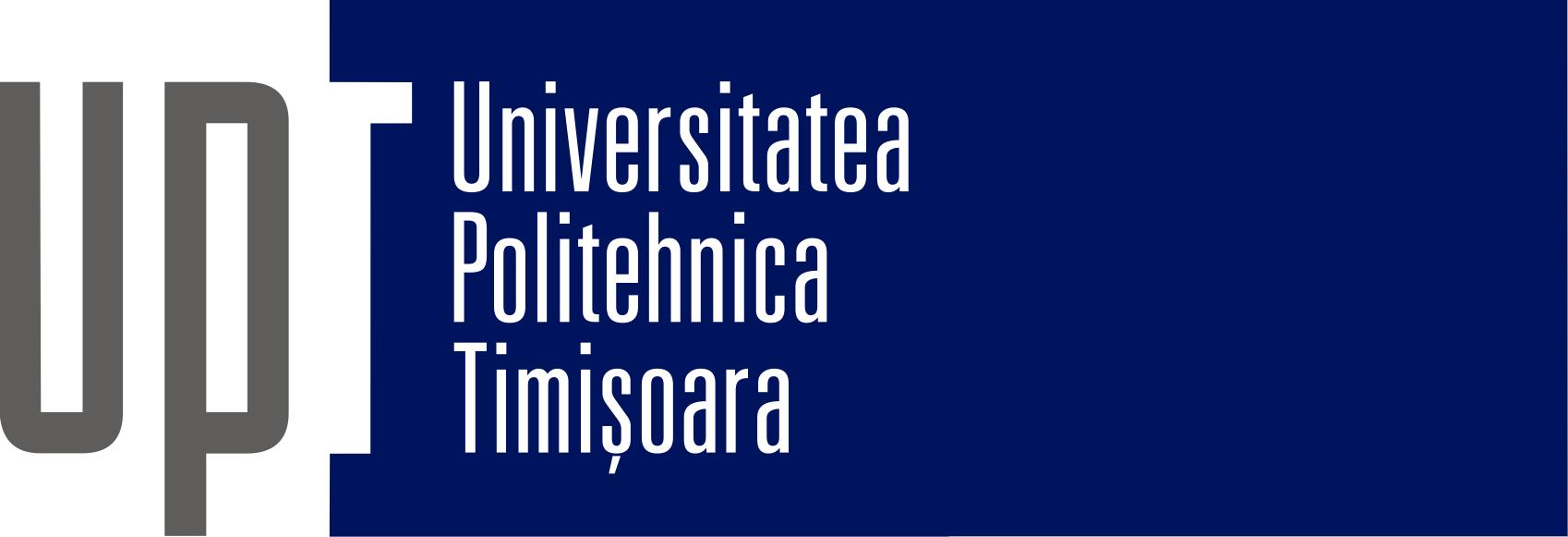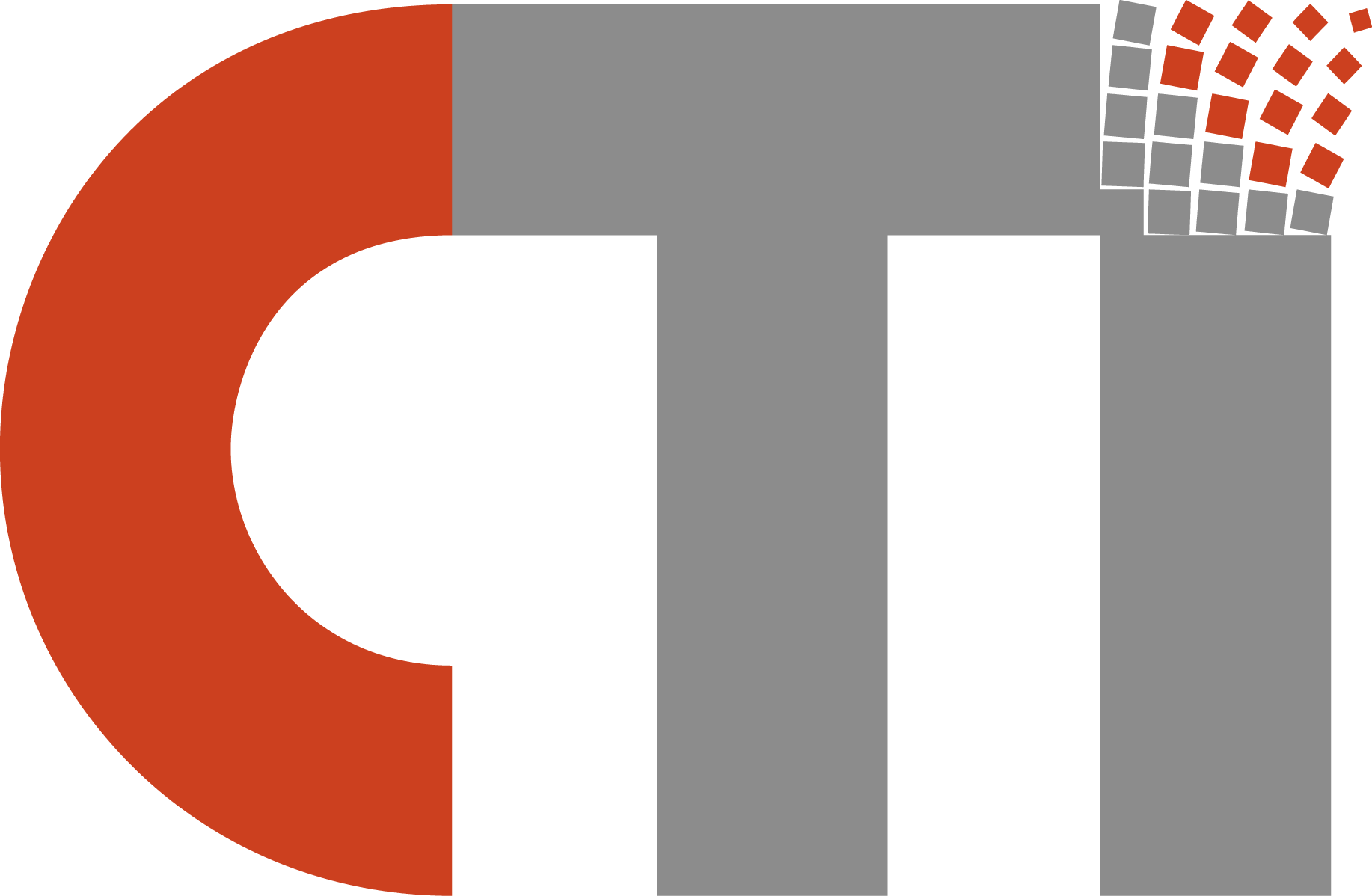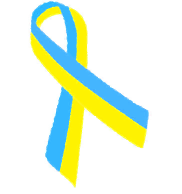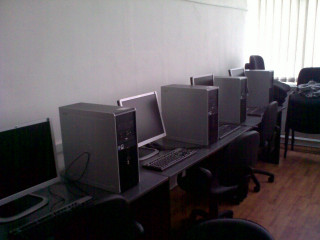Information on the Bachelor (Undergraduate) study programs and the main corresponding specializations, endorsed by the DCTI with educational and research support:
General Presentation
The general structure of the Bachelor study programs which can be followed in the Politehnica University of Timisoara is presented in the following table:
| Total duration |
4 years |
| Structure |
8 semesters x 14 weeks
Semesters 7 and 8 include the development of the Diploma Project |
| General requirements for admission |
High school graduation diploma (Baccalaureate Diploma) |
| Total credits |
240 |
| Graduation |
Diploma exam |
| Graduation title |
Bachelor Engineer |
The Bachelor study programs in the field of Computer and Information Technology have a common structure, both simple and flexible:
| Year 1 |
Year 2 |
| Semester 1 |
Sem. 2 |
Sem. 3 |
Sem. 4 |
| |
|
|
|
| Fundamental |
|
|
|
| Courses |
|
|
|
| |
Domain |
|
|
| |
Courses |
|
|
| Complementary |
|
|
|
| Courses |
|
|
|
| Year 3 |
Year 4 |
| Sem. 5 |
Sem. 6 |
Sem. 7 |
Sem. 8 |
| |
|
|
|
| Domain |
|
|
|
| Courses |
Specialty |
|
|
| |
Electives |
|
|
| Specialty |
|
|
|
| Courses |
|
Project |
Diploma |
| |
Complementary |
|
Practicum |
| Practicum |
|
Diploma Exam |
The above structure is composed of the following main categories of courses, for all the Bachelor study programs in the field of Computer and IT:
|
Fundamental Courses (Engineering Sciences)
- Courses which are fundamental for the general instruction of an engineer
- Examples:
- Calculus
- Computer Programming
- Electrical Engineering
- Logic and Discrete Structures
- Algebra and Geometry
- Computer Graphics
- Physics
- Computer Assisted Mathematics
- Programming Techniques
- Probabilities ans Statistics
|
|
Domain Courses (Computer and TI)
- Courses which define the field of Computer and Information Technology
- Examples:
- Digital Logic
- Data Structures and Algorithms
- Computer Networks
- Object-Oriented Programming
- Computer Architecture
- Digital Circuits and Signals
- Data Acquisition and Processing
- Algorithm Design and Analysis
- Software Engineering Fundamentals
- Databases
- Operating Systems
- Digital Computers
- Artificial Intelligence Fundamentals
- Digital Micro-system Design
- Image Processing and Recognition
|
|
Specialty Courses and Electives
- Courses which develop specialty competences
- These courses are specific to each particular study program
- With the help of the specialty elective courses, each student can define and follow a personal educational track
- Students of a particular study program can also choose a set of specialty courses from the other study programs in the Computer and IT area
- The lists with examples of specialty courses can be found at the description section of each study program, below
|
|
Complementary Courses
- Courses which develop transversal competences of the students
- Examples:
- Foreign Languages
- Sports
- Communication
- Management and marketing
|
The list of the Bachelor study programs in the field of Computer and Information Technology, supported primarily by the DCTI, are presented in the following:
Computers-RO
| Host faculty |
Faculty of Automation and Computing |
| Graduation domain |
Computer and Information Technology |
| Specialization area |
Computer engineering and software engineering |
| Language |
Romanian |
| Presentation of the study program |
|
| Specialty courses and electives (examples) |
- Software Systems Design
- Microprocessor Systems
- Distributed Programming
- Computer Engineering
- Data Mining
- Design and Architecture of Complex Software Systems
- Mobile Systems and Applications
- Computer Aided Design
- Digital Telecommunications
- Compilation Techniques
- Web Application Design
- Software Project Management
- Computer Systems Reliability
- Expert Systems
- Multimedia Systems
- Concurrent and Event-Based Programming
|
| Admission type |
Admission exam
(grid test with mathematics subjects) |
| Curriculum and the list of courses with their syllabus |
|
Computers-EN
| Host faculty |
Faculty of Automation and Computing |
| Graduation domain |
Computer and Information Technology |
| Specialization area |
Computer engineering and software engineering |
| Language |
English |
| Presentation of the study program |
It is similar to the Calculatoare-RO study program, but the language is English. |
| Admission type |
Admission exam
(grid test with mathematics subjects) |
| Curriculum and the list of courses with their syllabus |
|
Information Technology
| Host faculty |
Faculty of Automation and Computing |
| Graduation domain |
Computer and Information Technology |
| Specialization area |
Information Technology |
| Language |
Romanian |
|
Presentation of the study program
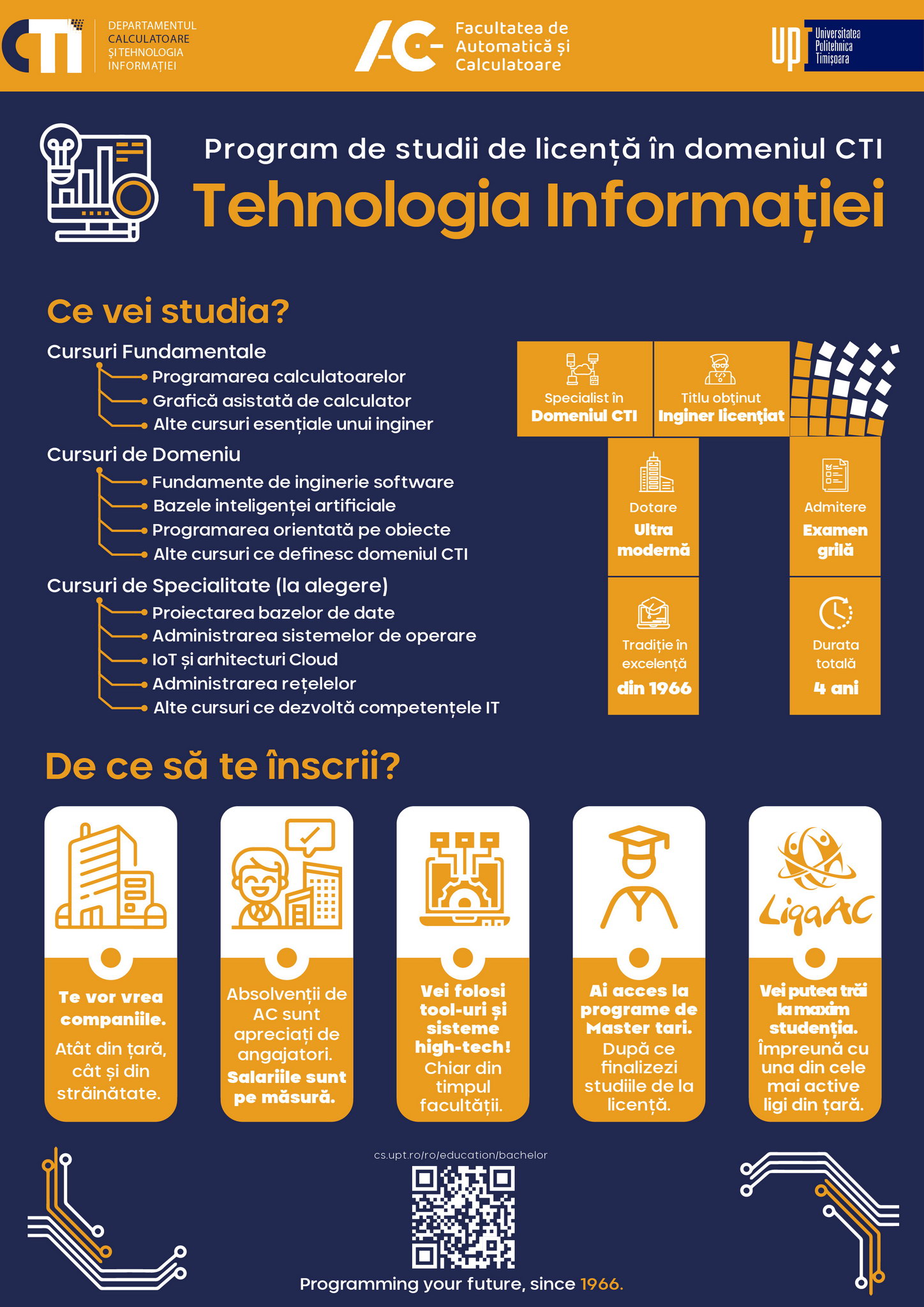
|
- Hi-res poster (pdf, RO language) [1]
- This program produces highly qualified engineers in the field of computer and information technology.
- Knowledge and abilities acquired: [2]
- knowledge of current approaches in IT, and abilities to select, develop, apply, integrate, and administer secure computing technologies to enable users to accomplish their personal, organizational, and societal goals;
- abilities of communication, interdisciplinary cooperation, and team project management.
- Educational outcomes, which define the IT graduate profile: [2]
- analyze complex, real-world problems to identify and define computing requirements and apply computational approaches to the problem-solving process;
- design, implement, and evaluate computing and network-based solutions to meet given sets of computing requirements in the context of the IT discipline;
- make informed judgments and include unique perspectives of others in computing practice based on legal and ethical principles;
- identify and analyze user needs and consider them during the selection, integration, and administration of computer-based systems.
- Why follow this program at UPT:
- specialty of high demand at national and international level;
- easy access to cutting-edge jobs with high payment and rewards, after graduation;
- up-to-date and flexible curriculum - you can choose your own path within the general IT area;
- use of high-level infrastructure, well equipped laboratories and latest technologies;
- gain access to top-level master programs after graduation;
- experience student live to the max with the university facilities, in a cosmopolite city.
|
| Specialty courses and electives (examples) |
- Database Administration
- Design and Development of Web Applications
- .NET Programming
- Operating Systems Administration
- Computer Systems Security
- Network Administration
- Embedded Systems
- Data Analysis and Visualization
- High-Performance Computing (HPC)
- Man-Machine Interfaces
- Database Design
- Design and Analysis of Mobile Applications
- Sensors and Sensor Networks
- IT Infrastructure Management
- IoT and Cloud Architectures
- Big Data Analysis
|
| Admission type |
Admission exam
(grid test with mathematics subjects) |
Notes:
- Poster design by Sebastian Sofran and Mihai V. Micea, 2022.
- Adapted from:
Task Group on Information Technology Curricula, "Information Technology Curricula 2017, IT2017. Curriculum Guidelines for Baccalaureate Degree Programs in Information Technology" Association for Computing Machinery (ACM) and IEEE Computer Society (IEEE-CS), Dec. 2017, Online (last accessed: Oct. 2022).
